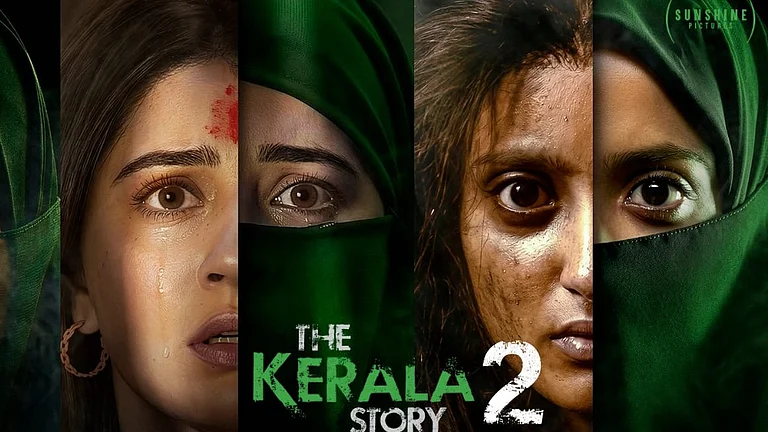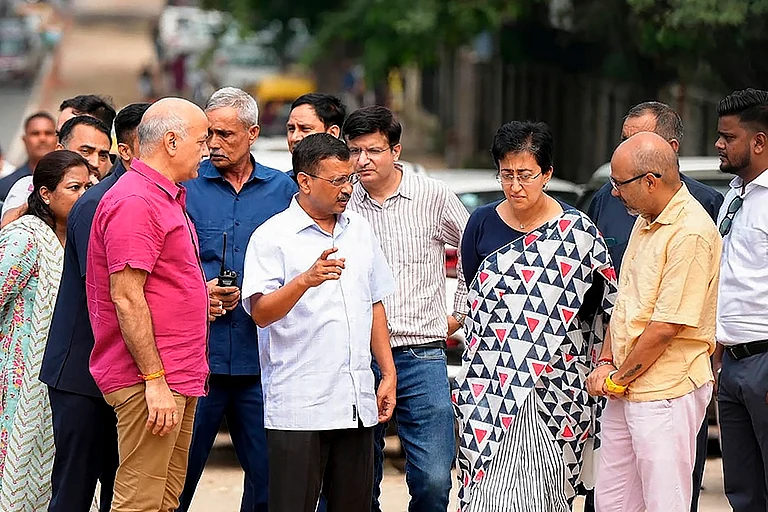On Twitter, 6,000 tweets are published per second on average, or 500 million tweets every day. How many of these millions of tweeters, when they retweet, are thinking about defamation law? It may or may not be illegal for you to retweet someone else's defamatory tweet depending on the country. Defamation, to put it simply, occurs when someone publishes a false, unfounded, and reputation-damaging remark about another individual.
Defamation is a criminal and civil offense that carries a jail sentence, as defined in Sections 499 and 500 of the Indian Penal Code. A person must have either generated or distributed defamatory content—that is, content that harms the reputation of a third party—in order for it to be considered defamation. Section 499 mentions that it “makes or publishes any imputation concerning any person intending to harm.”
Delhi High Court delivered an order on a defamation case filed against the CM of Delhi Arvind Kejriwal, for retweeting defamatory content on Twitter. The court held that retweeting falls under the umbrella term of the publication of defamatory content under section 499 of the Indian Penal Code.
CM Arvind Kejriwal is charged with defamation under Section 499 IPC for retweeting a post made by YouTuber Dhruv Rathee on Twitter. The court held that retweeting the false accusation on social media and maintaining one's social and political position are important factors to consider. The impact on the offended party's reputation and character will be significantly greater if a public figure with millions of followers retweets any defamatory content, as the public figure's influence and larger audience will amplify the defamatory content's spread and longevity. The person's social media reach and political position are important factors to consider before retweeting a defamatory imputation. A person's influence may lead their audience to believe libelous material, harming their reputation.
The court also held that if a user with “negligible followers” or “with limited influence” retweets defamatory content, this may not even fall under the definition of defamation where because of the individual's limited reach, defamatory information is unlikely to gain attraction among responsible members of society.
There are cases involving defamation by retweeting. In the United Kingdom, Alan Davies, a stand-up comic, paid a settlement after retweeting Sally Bercow's tweet alleging that Lord McAlpine, a prominent conservative leader had committed child abuse. McAlpine intended to sue at least 10,000 more persons who had either retweeted Bercow's post or other tweets identifying McAlpine as the suspected child abuser. He subsequently withdrew the defamation allegations against all retweeters who had less than 500 followers.
Even liking and tagging something on Facebook has been deemed sufficient justification for a defamation lawsuit in two different nations. A court of Switzerland in May 2017 fined a person for liking a defamatory Facebook comment that accused, an animal rights activist, of racism and antisemitism. The court noted that the accused clearly endorsed the unsightly content and made it his own by liking the comment, even if the comments weren't written by him. This, thus, made the content accessible to a large number of people.
Similarly, in 2017, the Supreme Court of India in a distinct matter involving Arvind Kejriwal and Former Law Minister Arun Jaitley opined that retweets can be termed as defamatory. The Court said that consider a tweet that is blatantly offensive, abusive, or contains explicit sexual content. When someone retweets anything like this, can they claim they are not the original creator and that they are only reposting the content, therefore they shouldn't be prosecuted.
Information Technology rules of 2021 define user account as the account registration of a user with an intermediary or publisher and includes profiles, accounts, pages, handles, and other similar presences by means of which a user is able to access the services offered by the intermediary or publisher. This means that any user account that retweets/likes/tweets any defamatory content against anyone can be liable for defamation.
This order by the Delhi High Court has major repercussions as social media intermediaries like Twitter, Instagram, and Facebook work on algorithms. Many times, a user account with followers under 100 may have a tweet/post with millions of likes and viewership because it is defamatory, or people want to see such a tweet/post. In such a case the published defamatory content will have a huge user interaction and will lead to a lowering of the reputation of the defamed person, even though the influence of the user account is ‘negligible followers’ or ‘with limited influence’. These situations will lead to an overreaching effect of the order passed by Justice Swarna Kanta Sharma.
Defamation is no longer a crime in a large number of democratic countries around the globe. The majority of similar offenses were no longer subject to criminal prosecution for defamation in the UK in 2009. Although defamation is not a federal crime in the US, numerous states do have criminal laws against it. There are very few criminal convictions for defamation since the US Supreme Court has limited the applicability of this statute and has defended free expression.
However, if we look at the matter of defamation by retweeting on Twitter, there needs to be clarity on whether a retweeter or the original publisher of the content should be liable for defamation. Since, in occasions such as of CM Arvind Kejriwal, there can be a vendetta against a political leader only for retweeting. Tools such as Twitter, Facebook, and Instagram are often used to share or flag content; they are not always meant to be interpreted as endorsing content from other sources. This order can be used as a tool, at a time when there is a necessity to do away with criminal defamation.
The author is a Legal Researcher based in New Delhi.


























